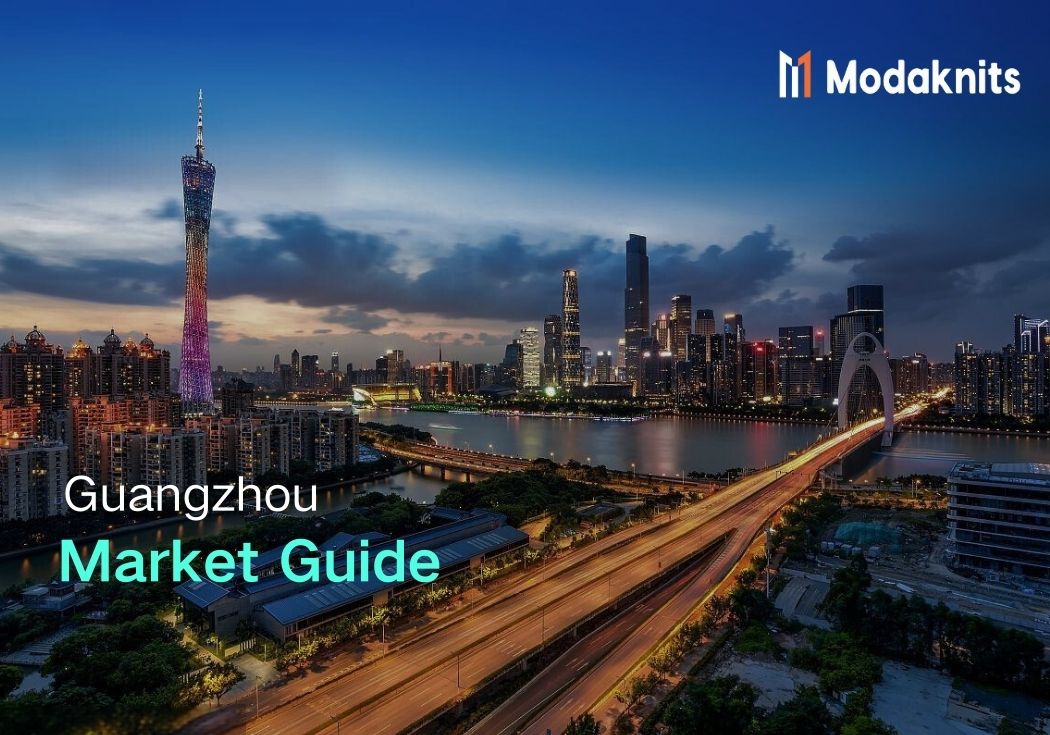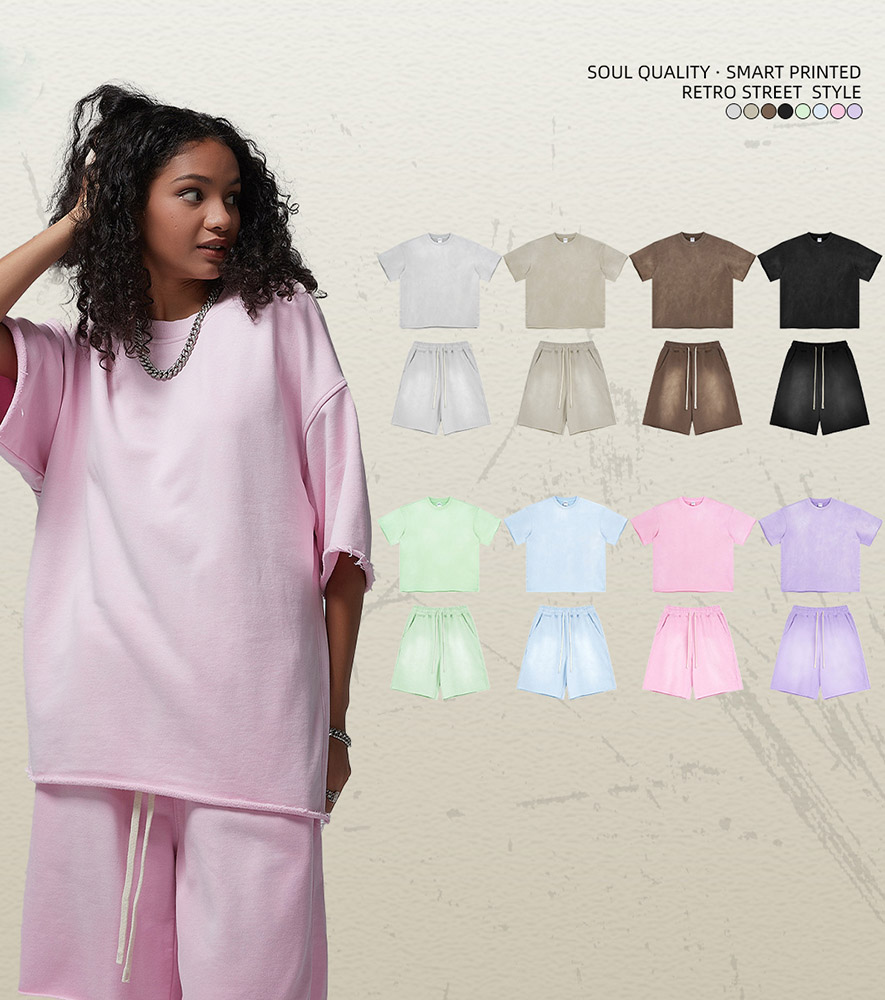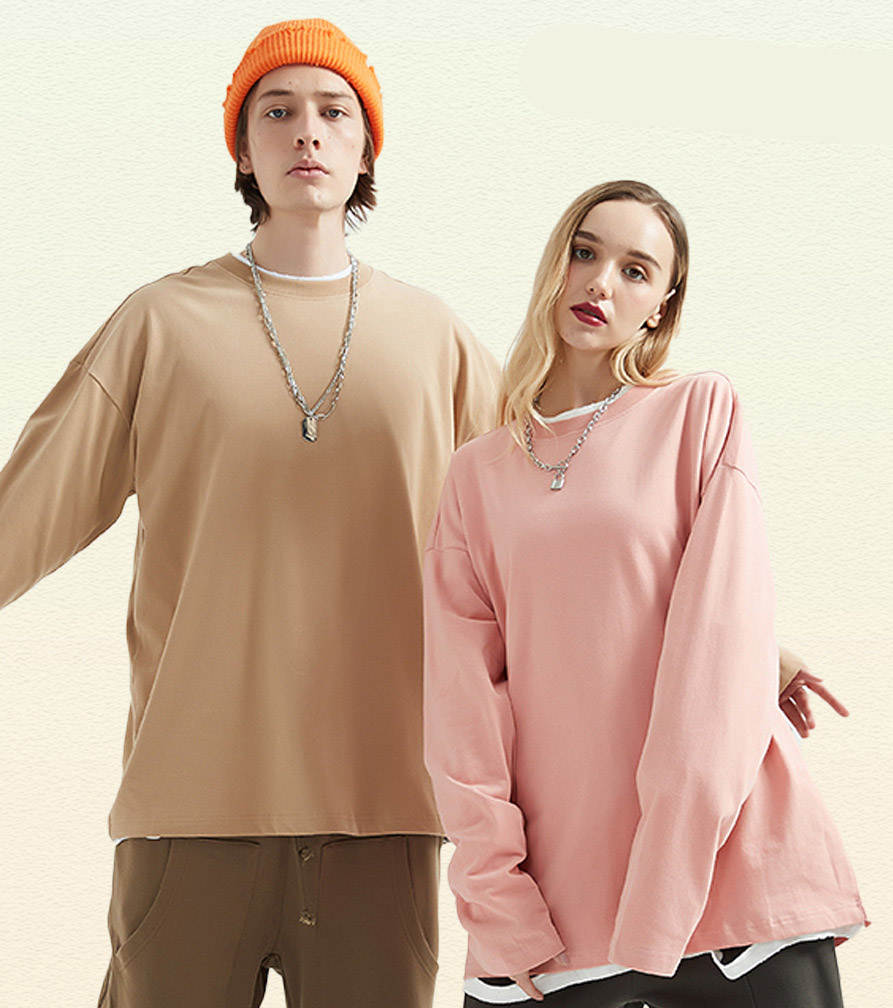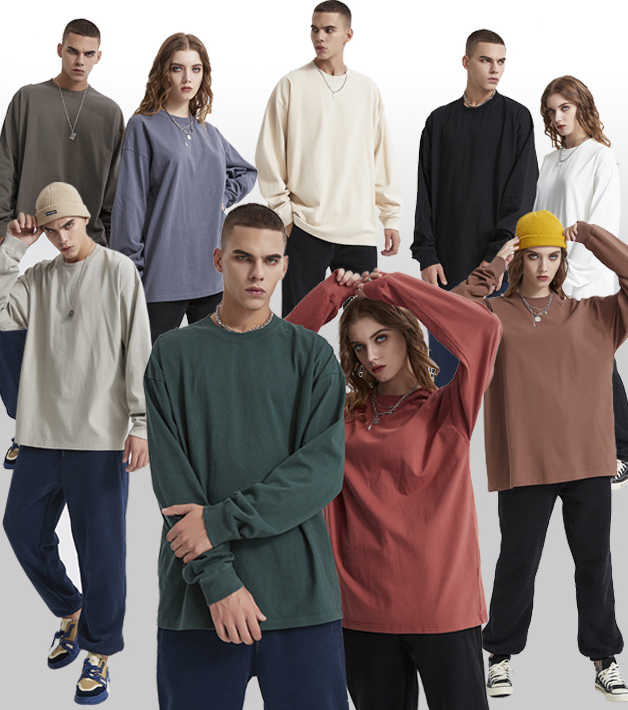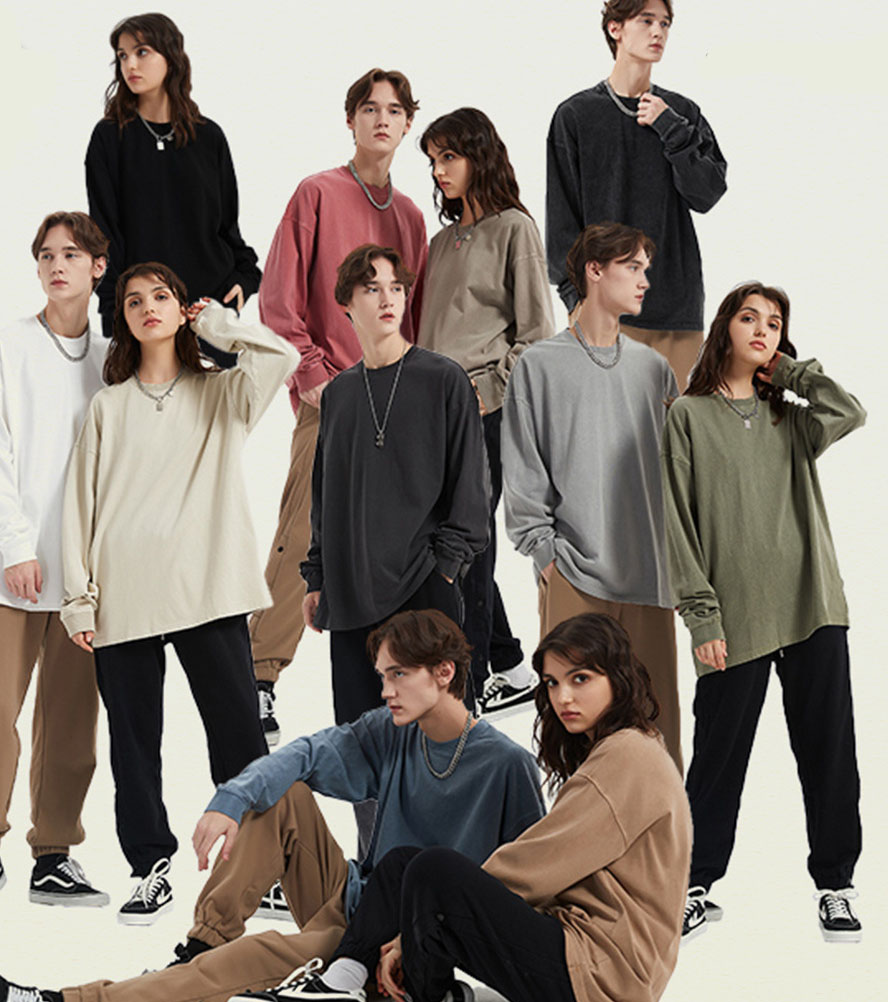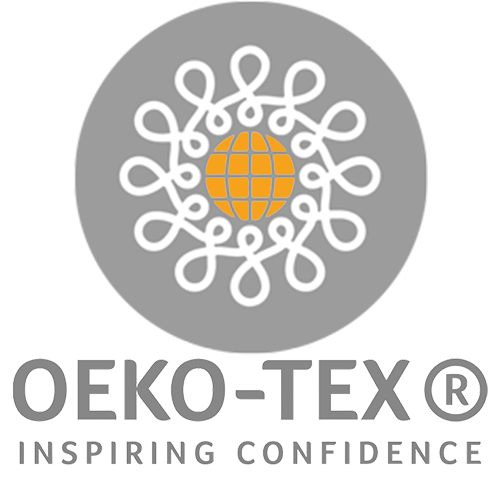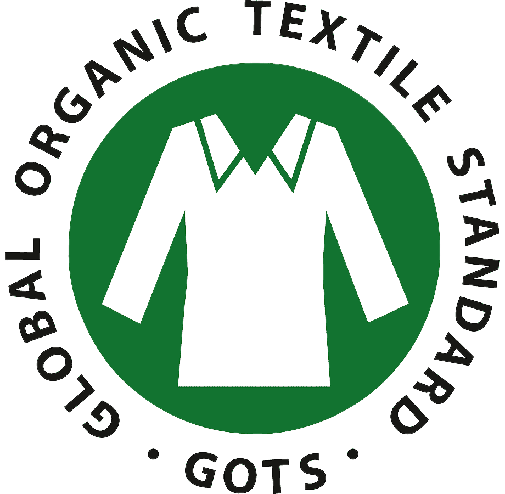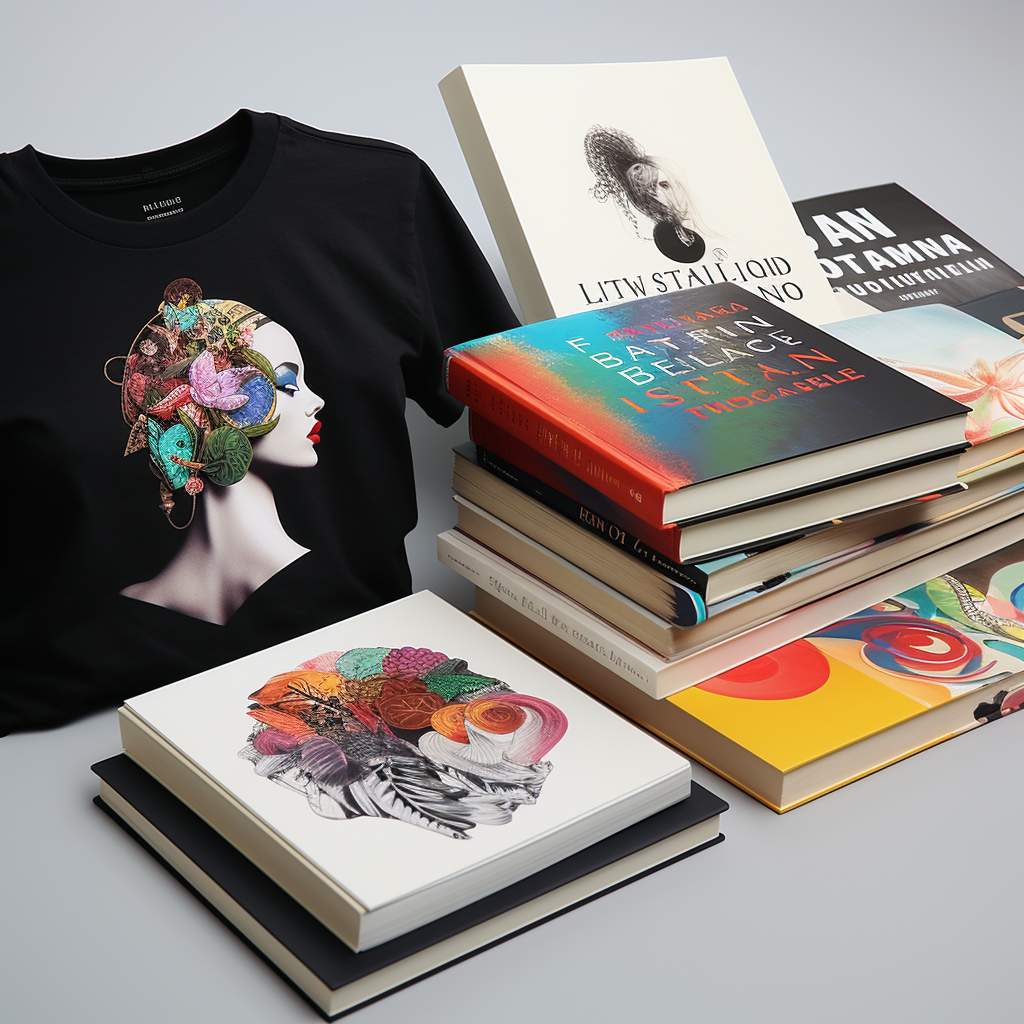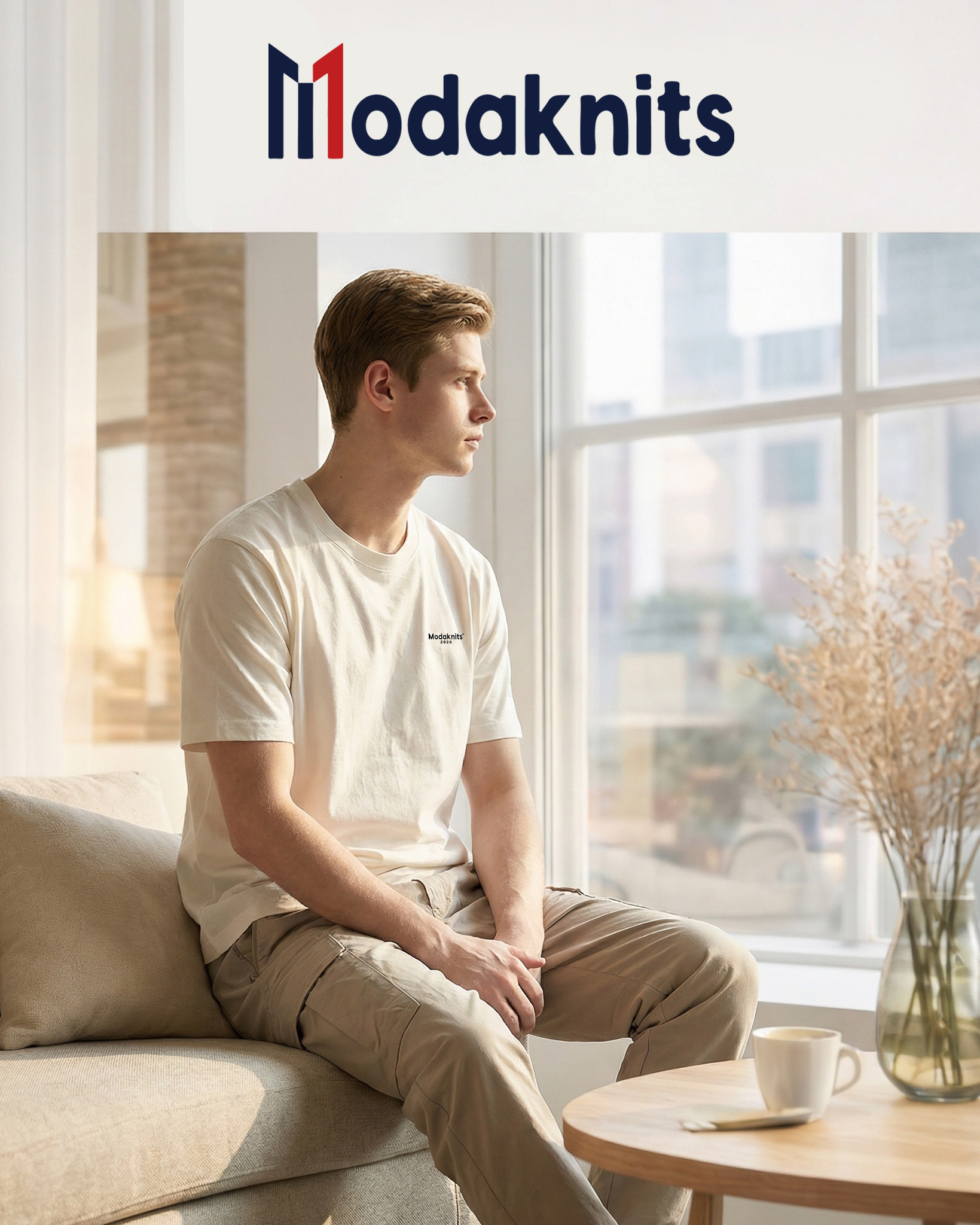Sea Island cotton fabric is known for its unrivaled softness, durability, and luxurious feel, making it one of the most sought-after materials in the world of high-end fashion.
Often referred to as the “king of cotton,” Sea Island cotton is cultivated in specific regions, where the climate allows for the growth of its exceptionally long fibers.
This blog will explore the unique qualities of Sea Island cotton fabric, how it is made, and why it is considered a premium choice for fashion and sustainability-conscious consumers.
What is Sea Island Cotton Fabric?
Sea Island cotton fabric is a luxury textile made from the long fibers of the Gossypium barbadense plant. Grown mainly in the West Indies, it is renowned for its exceptional softness, strength, and durability. Often referred to as the “king of cotton,” Sea Island cotton boasts longer, finer fibers than other cotton varieties, creating a smooth, silky fabric that remains resilient and comfortable over time.

Origin and Source of Sea Island Cotton Fibers
Primarily cultivated in the Caribbean, Sea Island cotton thrives in the region’s warm, humid climate. The cotton is handpicked to maintain the integrity of the long fibers, and the ginning process ensures that the fabric retains its softness and durability. The region’s climate and soil conditions contribute significantly to the cotton’s premium quality.
Historical Significance and Modern Usage
Sea Island cotton has been a symbol of luxury for centuries, historically used in high-end garments. Today, it remains a favorite for luxury shirts, blouses, and formalwear due to its softness, durability, and natural sheen, making it a popular choice in premium fashion.
Sea Island Cotton Fabric Today
Despite its rarity, Sea Island cotton continues to be a top choice for high-end fashion. Modern manufacturing techniques, along with sustainable farming practices, ensure that this cotton remains both eco-friendly and luxurious.
At Modaknits, we source high-quality Sea Island cotton to produce garments that offer a balance of luxury, comfort, and sustainability.
What Makes Sea Island Cotton Fabric Unique?
Sea Island cotton fabric distinguishes itself through a blend of luxury, durability, and comfort, making it a favorite in high-end fashion. Understanding these unique qualities reveals why Sea Island cotton is so highly valued in the textile industry.
Key Characteristics and Qualities
- Superior Softness: Sea Island cotton is known for its long, fine fibers, which result in a fabric that is softer and silkier than other cotton varieties. This luxurious softness makes it an ideal choice for garments that require exceptional comfort.
- Durability: The strength of Sea Island cotton fibers ensures that garments maintain their shape and appearance even with frequent wear and washing. This durability makes it a long-lasting option for premium apparel, reducing the need for replacements and aligning with sustainable fashion practices.
- Natural Sheen: The cotton’s natural sheen adds a refined, elegant look to garments. This subtle luster enhances the aesthetic appeal of Sea Island cotton fabric, making it a preferred material for sophisticated fashion pieces.
- Breathability and Comfort: Sea Island cotton is highly breathable, allowing air to circulate freely. This natural ventilation helps keep wearers cool and comfortable, especially in warmer climates or during activewear use. Its moisture-wicking properties make it suitable for both casual and formal applications.
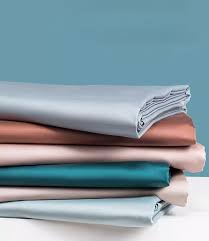
Comparison with Other Fabrics
- Sea Island Cotton vs. Egyptian Cotton: While both are premium long-staple cottons, Sea Island cotton offers superior softness and a silkier texture compared to Egyptian cotton, making it more luxurious.
- Sea Island Cotton vs. Pima Cotton: Pima cotton is known for its softness, but Sea Island cotton surpasses it in both softness and strength, providing a more refined and durable fabric for high-end fashion.
Sea Island cotton’s unique blend of softness, durability, and aesthetic appeal makes it a standout material for luxurious and sustainable fashion. Its ability to combine comfort with elegance ensures that garments made from Sea Island cotton remain fashionable and functional for years to come.
How is Sea Island Cotton Fabric Made?
The production of Sea Island cotton fabric is a meticulous process that preserves the cotton’s exceptional softness and strength, ensuring a high-quality material for premium apparel.
Production Process
- Cultivation: Sea Island cotton is primarily grown in the Caribbean and parts of the southeastern United States, where the warm, humid climate allows the long fibers to fully mature. These regions provide the ideal conditions for cultivating the premium cotton that Sea Island is known for.
- Handpicking: The cotton is harvested by hand to preserve the long, delicate fibers. Handpicking ensures that the cotton fibers remain intact and unbroken, which is crucial for maintaining the fabric’s smooth texture and durability.
- Ginning: After harvesting, the cotton undergoes ginning—a process that separates the cotton fibers from the seeds. Ginning is performed with care to keep the fibers long and strong, which contributes to the fabric’s superior quality.
- Spinning and Weaving: The clean, long fibers are spun into fine yarn, creating a smooth and resilient thread. The yarn is then woven into fabric, resulting in a soft, durable material that is ideal for high-end garments. This process maintains the fabric’s luxurious texture and ensures it will withstand regular use.
Regions Known for Sea Island Cotton Production
- Southeastern United States: Known for its historic role in Sea Island cotton production, this region continues to cultivate the premium cotton, focusing on maintaining traditional growing practices to ensure superior fiber quality.
- The Caribbean: The warm climate and rich soil of the Caribbean are ideal for growing Sea Island cotton, producing the highest quality fibers for luxury textiles.
What Are the Types of Sea Island Cotton Fabric?
Sea Island cotton fabric comes in a variety of types, each offering unique characteristics suitable for different fashion styles and applications:
- Plain Sea Island Cotton: This type is known for its smooth and fine texture, making it an ideal choice for luxury shirts, dresses, and tailored garments. Its softness and durability ensure long-lasting wear, while maintaining a refined, polished appearance.
- Blended Sea Island Cotton: Sea Island cotton is often blended with other premium fibers like silk or cashmere to enhance softness and warmth. These blends are used in high-end scarves, suits, and premium outerwear, combining the strength of Sea Island cotton with the luxurious qualities of other fibers.
- Printed Sea Island Cotton: Printed Sea Island cotton features intricate patterns and designs, making it perfect for designer collections. The fabric’s smooth surface allows for high-quality printing, resulting in vibrant and stylish garments that retain the premium feel of Sea Island cotton.
Each type of Sea Island cotton fabric offers distinct advantages, ensuring that it remains a versatile and luxurious option in the textile industry. These variations enable designers to create a wide range of high-end fashion items, from casual wear to formal, structured pieces.
How is Sea Island Cotton Fabric Used in Textiles?
Sea Island cotton is a versatile fabric that is widely valued in luxury fashion for its softness, strength, and durability. Its unique combination of comfort and elegance allows it to be integrated into a range of high-end garments and accessories.
- Luxury Shirts and Blouses: Sea Island cotton’s soft, breathable properties make it an ideal choice for high-end shirts and blouses. The fabric’s smooth texture ensures comfort against the skin, while its natural sheen adds a touch of sophistication, making it perfect for premium fashion lines.
- Tailored Suits: The strength and resilience of Sea Island cotton make it a popular fabric for premium suits and formal wear. Its ability to maintain structure while providing a polished appearance ensures that garments look sharp and elegant, offering both style and durability.
- Underwear and Loungewear: The smooth, luxurious feel of Sea Island cotton makes it particularly suited for intimate apparel and loungewear. Its breathability and soft texture offer unparalleled comfort, making it a preferred material for premium undergarments and sleepwear.
- Outerwear: Sea Island cotton is also used in lightweight jackets and blazers, where its natural strength and breathability provide a balance between comfort and durability. These garments benefit from the fabric’s resistance to wear while maintaining a sleek, polished look.
- Accessories: Scarves, shawls, and other accessories crafted from Sea Island cotton offer a combination of elegance and comfort. The fabric’s natural sheen and softness enhance the aesthetic appeal of these accessories, making them luxurious additions to any wardrobe.
Sea Island cotton’s adaptability makes it a top choice for designers looking to create garments that combine luxury, comfort, and durability. Its unique qualities ensure that garments made from this fabric offer lasting value while meeting the demands of high-end fashion.
How Much Does Sea Island Cotton Fabric Cost?
The cost of Sea Island cotton fabric varies based on factors such as quality, type, and production region. As one of the most luxurious and rare cottons in the world, its pricing reflects its exclusivity and superior characteristics.
Sea Island Cotton Fabric Costs in the United States
- Basic Sea Island Cotton: Prices generally range from $40 to $60 per yard, making it a premium material for high-end garments. Its fine texture and long fibers justify its higher cost compared to other cotton varieties.
- Premium Sea Island Cotton (Blended or Printed Varieties): More exclusive versions, such as blends with silk or printed designs, are priced above $80 per yard. These premium fabrics are favored by luxury fashion houses due to their exceptional softness and distinctive appearance.

Sea Island Cotton Fabric Costs in the Caribbean
- Basic Sea Island Cotton: In its primary growing regions, such as Barbados and Jamaica, basic Sea Island cotton can range from $30 to $55 per yard, benefiting from local production and reduced transportation costs.
- Premium Sea Island Cotton: Higher-end, certified Sea Island cotton fabrics are priced similarly to those in the U.S., often exceeding $80 per yard due to their superior quality and limited availability.
Factors Influencing Sea Island Cotton Fabric Prices
- Rarity and Quality: Sea Island cotton is one of the rarest cotton types, with limited production each year, contributing to its high price. The long-staple fibers and meticulous handpicking process add to the fabric’s superior quality.
- Production Location: The cost of Sea Island cotton depends on where it’s produced. Regions like the Caribbean, where it is natively grown, may offer lower prices due to reduced logistics, while international markets, like the U.S., may have higher prices due to import fees and transportation.
- Certifications: Fabrics that carry certifications, such as the WISICA (West Indian Sea Island Cotton Association) seal, tend to be priced higher. Certified Sea Island cotton guarantees authenticity, superior quality, and adherence to sustainable farming practices, which adds value for eco-conscious consumers.
Comparing Sea Island Cotton Prices: U.S. vs. the Caribbean
In general, Sea Island cotton fabric prices in the Caribbean can be slightly lower than in the U.S., with prices around 10% to 20% less due to proximity to production. However, for certified and high-end varieties, prices in both regions tend to converge due to the consistent demand for premium quality.
By sourcing from trusted suppliers, Modaknits can offer Sea Island cotton garments that combine luxury, durability, and environmental responsibility at competitive prices.
How Does Sea Island Cotton Fabric Impact the Environment?
Sea Island cotton is celebrated for its environmental benefits, but the full impact depends on the farming and production methods employed. Understanding both the positive and negative effects is essential for those seeking eco-conscious textile choices.
Positive Environmental Impacts
- Sustainable Farming Practices: Sea Island cotton is cultivated using sustainable methods that focus on quality over quantity. The handpicking process minimizes the need for large-scale machinery, thereby reducing the carbon footprint associated with harvesting.
- Biodegradable: Like all natural cottons, Sea Island cotton is fully biodegradable. It breaks down naturally, unlike synthetic fabrics that can take decades to decompose and contribute to microplastic pollution. This makes Sea Island cotton an eco-friendly choice for sustainable fashion.
- Low Pesticide Use: Sea Island cotton is often grown with fewer pesticides and fertilizers, particularly when certified under organic standards. This reduces chemical runoff, promoting a healthier ecosystem and safer working conditions for farmers.
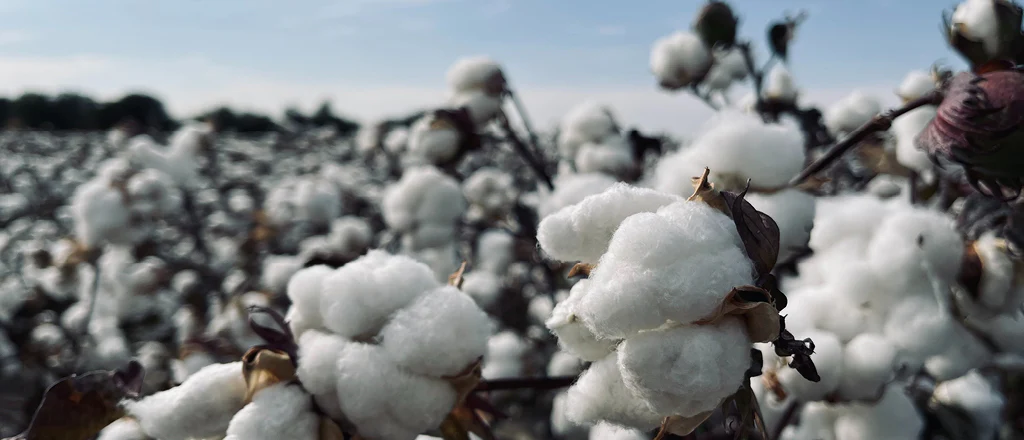
Negative Environmental Impacts
- Water Usage: While Sea Island cotton uses less water compared to conventional cotton varieties, water consumption during cultivation still requires consideration. Sustainable irrigation practices are vital to minimize the environmental strain in regions where water is scarce.
- Land Use and Monoculture: Large-scale farming of Sea Island cotton, if not managed sustainably, can lead to soil depletion and biodiversity loss. Monoculture practices may disrupt local ecosystems and degrade soil health over time. Implementing crop rotation and integrated pest management can help mitigate these risks.
Sustainable Sea Island Cotton Practices
- Certifications: Choosing Sea Island cotton certified by organizations such as the Global Organic Textile Standard (GOTS) or OEKO-TEX® Standard 100 ensures that it is produced with strict environmental and social guidelines. These certifications confirm the cotton is grown and processed using eco-friendly methods and without harmful chemicals.
- Water Management: Employing efficient water management practices, such as drip irrigation and rainwater harvesting, can significantly reduce water consumption. Additionally, adopting closed-loop water systems during the dyeing and finishing stages helps to prevent water pollution.
By focusing on sustainable farming and production practices, Sea Island cotton remains one of the most eco-friendly textile options available.
At Modaknits, we prioritize sourcing certified Sea Island cotton to ensure that our garments meet high environmental and quality standards.
Ensuring Sea Island Cotton Fabric Quality and Certification
At Modaknits, maintaining the highest standards of quality and sustainability for our Sea Island cotton fabric is essential to delivering premium apparel.
We carefully source and certify our fabrics to ensure they meet global benchmarks for both excellence and eco-consciousness.
Key Quality Indicators
- Fiber Strength and Durability: Sea Island cotton is celebrated for its long, fine fibers, which contribute to its exceptional softness and durability. We select fibers that ensure garments remain strong and maintain their luxurious feel even after repeated use and washing.
- Breathability and Comfort: Sea Island cotton’s inherent breathability makes it an excellent fabric for comfort, especially in warm climates. Its natural ability to wick away moisture keeps wearers cool and dry, making it perfect for activewear, casual, and luxury collections.
- Aesthetic Appeal: The natural sheen and smooth texture of Sea Island cotton add to its elegance and versatility. Its refined appearance makes it suitable for both sophisticated and casual designs, elevating the overall aesthetic of any garment.

Certifications and Sustainability
- WISICA (West Indian Sea Island Cotton Association) Certification: We ensure that our Sea Island cotton is certified by WISICA, guaranteeing that it is authentic and produced under strict quality controls. This certification confirms that the cotton is sourced from designated regions and grown under ideal conditions.
- OEKO-TEX® Standard 100: Our Sea Island cotton fabrics meet OEKO-TEX® Standard 100, ensuring that they are free from harmful chemicals and safe for direct skin contact. This certification adds an extra level of consumer trust regarding the safety and quality of the fabric.
- Global Organic Textile Standard (GOTS): Modaknits also ensures that our Sea Island cotton is sourced from environmentally friendly and socially responsible processes, meeting GOTS certification. This guarantees that the cotton is organically grown without synthetic fertilizers or pesticides, aligning with global sustainability efforts.
- ISO Standards: We adhere to ISO standards for both quality management and environmental practices, ensuring that our production processes align with international benchmarks for consistency, safety, and eco-friendly practices.
By prioritizing these certifications and quality standards, Modaknits ensures that our Sea Island cotton garments are both luxurious and sustainable, meeting the needs of today’s eco-conscious consumers and fashion brands.
For more information about our fabrics or to explore our product catalog, please contact us.


